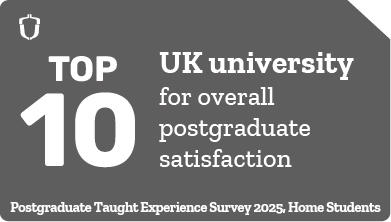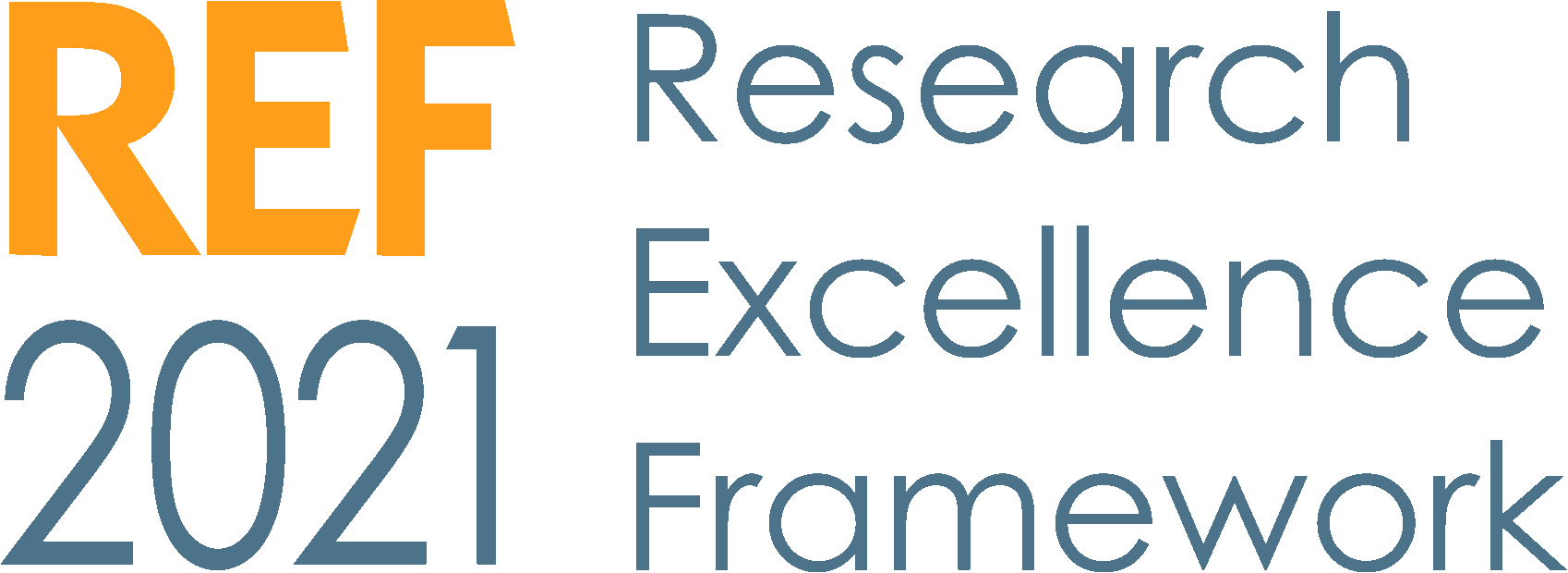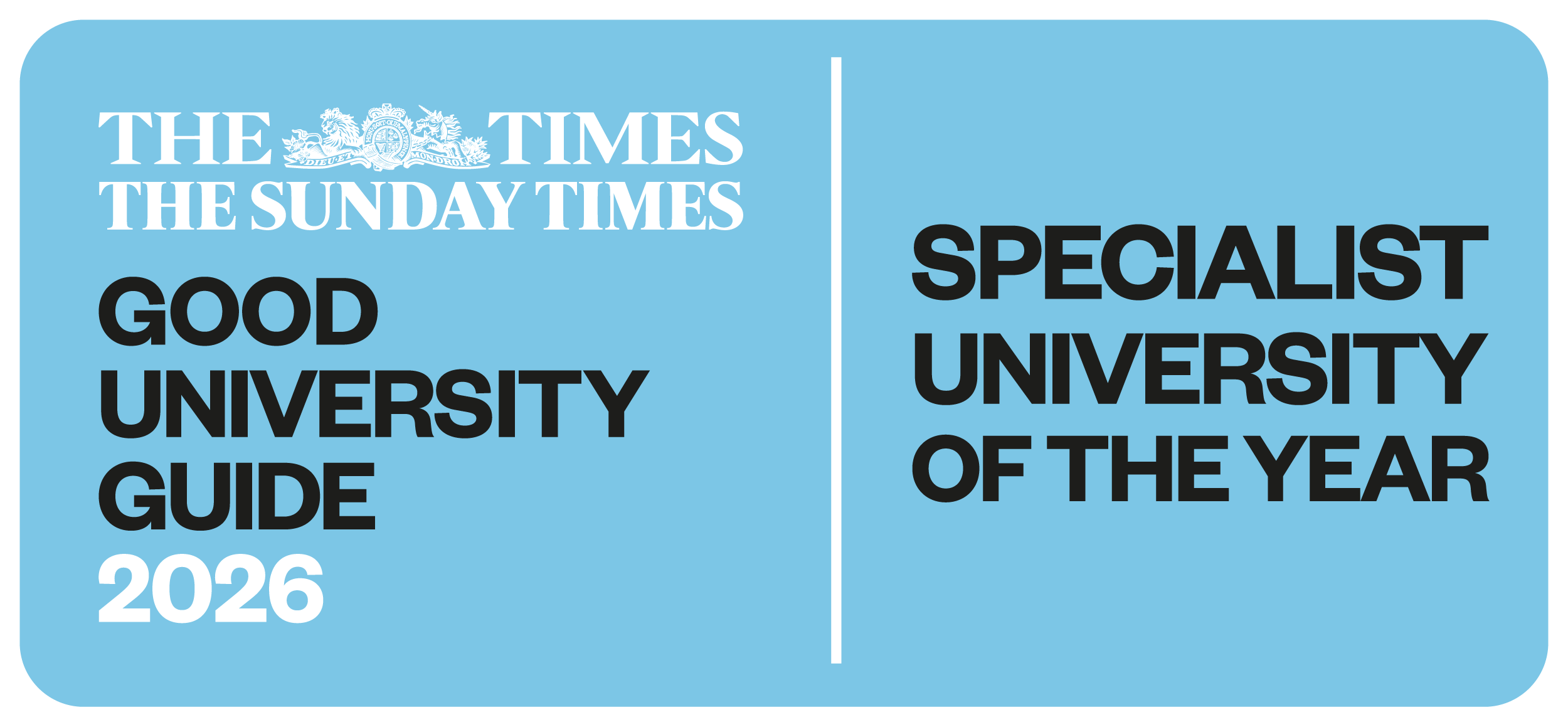Your career
Industry opportunities on this course largely come from our own businesses on campus (see facilities tab), as well as the networking facilitated through guest lecturers and field trips.
On-campus opportunities
Our commercial equine therapy and performance centres offer opportunities for students to gain industry experience to support their careers. With teams made up of expert personnel alongside volunteers, you could have the opportunity to get hands-on with clinical cases and to network with the range of allied professionals that involved in the rehabilitation and management of the horses, including veterinarians, farriers, nutritionists and more.
Furthermore, opportunities exist to gain valuable industry experience by volunteering at the national and international level events hosted by our Equine Centre. These include the Five Star Hartpury Horse Trials and the Hartpury International Festival of Dressage.
Find out more about our commercial equine activities below.
Find out more about our commercial equine activities.
Field trips and guest lecturers
Field trips and industry professionals in lectures form an important part of your learning, enabling you to experience different businesses, careers and best practices.
Recent field trips have included visits to places such as Redwings Horse Sanctuary, Tweenhills Farm and Stud, and Kingswood Stud, home of the Kurtsystem. The trips facilitate both industry networking and the opportunity to experience the application of science in practice with those using it on a daily basis.
Guest lecturers are selected to extend your learning and professional networks, recently including physical therapists, veterinary surgeons, research scientists in reproductive immunology, artificial Insemination technicians and performance coaches.
Graduate destinations
Whether you have already defined your career goals or you’re keen to explore your options, these programmes provide opportunities to develop both the specialist and transferable skills needed for a range of graduate careers. Our teaching staff, professionals on campus and careers team are available to provide expert advice and guidance, as required.
Recent graduate destinations have included:
- Animal Health Technician, Equine Hospital
- Research Ethics Officer, University Hospital
- Nutritional Advisor, Saracen Horse Feeds
- Marketing Executive, Animal feed manufacturer
- University lecturer
- Equine Events Coordinator, Hartpury Equestrian

















